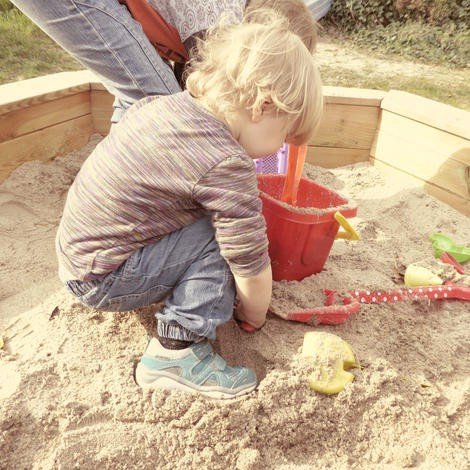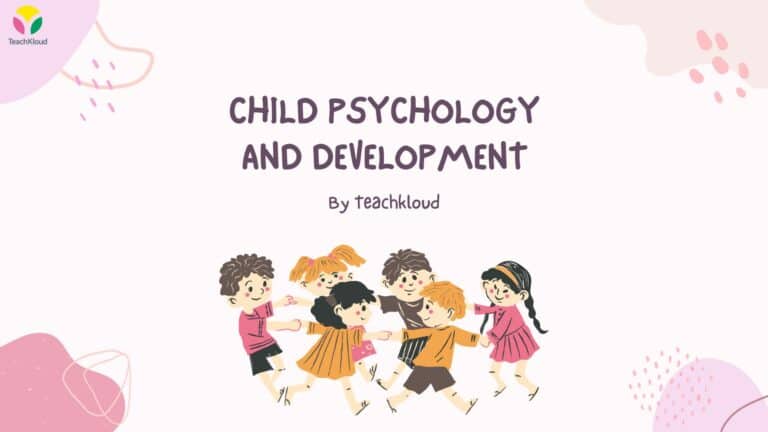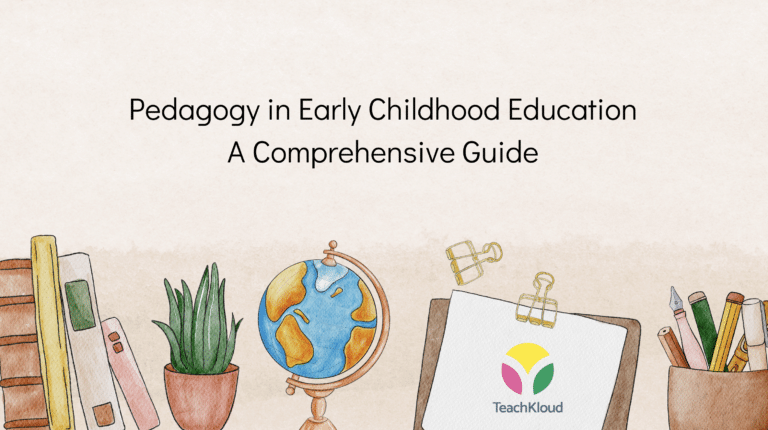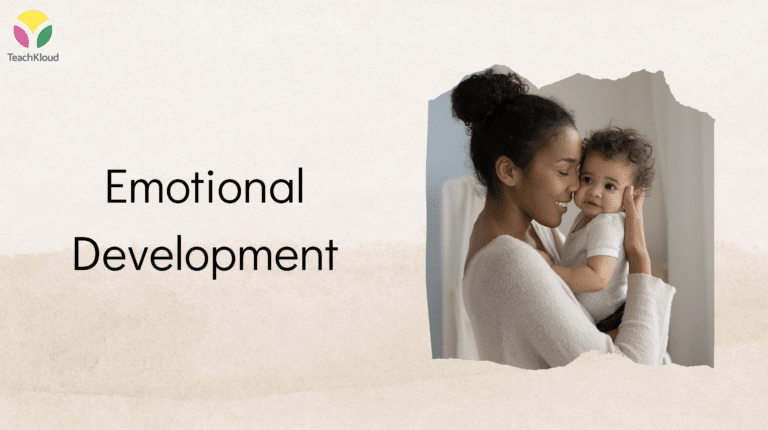A play based curriculum and setting is simply that which focuses on and supports, the freedom to play. A standard definition of play is to “engage in activity for enjoyment and recreation rather than a serious or practical purpose.” I would state that play is very different when it relates to early childhood education. In this context, it has a very serious and practical purpose because it is how young children learn. If we do not understand this, then of course we may conclude that play isn’t serious business. If we are in tune with the fact that play is a conduit for how children retain information, then we will allow more time and opportunities for them to play. After all, to play is the right of the child. Even in its rawest and most candid form, there needs to be an understanding that play is important and serves a purpose.
Many of the standards outlined in most curricula, can easily be achieved in play for young children. Language development, for example, is honed in dramatic play and talking with children. Encouraging your child to narrate what is happening while they are fumbling through sticks and leaves is helping to develop language. Reading a book, which I include in the category of play, is obviously one of the more direct routes in language development.
It is clear that there is also confusion on what needs to be the focus in early childhood, as well. Play is the way, but where are we headed?
With regard to educating young children, we have to focus on exposure, curiosity and critical thinking. These components are the foundation for being receptive to learning more complicated concepts as children get older. For example, exposing children to new information, creates an awareness of their world, ignites curiosity and questioning, which leads to critical thinking. When children have a solid base in these areas, their relationship with learning will be much more positive throughout their lives. Children are natural learners to begin with but it is still important that as adults we inspire children to want to learn more. That’s it: we must inspire them to learn. Early childhood is about being inspired. Don’t we, as adults, need inspiration as well? Isn’t that often a yearning for us? How do we satisfy that need? It is with our own forms of play! We go out, look within, or maybe try something different! It is usually made manifest in our own personal and uninhibited exploration; play. Once we are inspired, then we can create, imagine, explore and thus, are much more effective.
This is similar to early childhood with the exception that I am inclined to believe that because of how malleable young children’s brains are as well as being less confined with ideologies and conformity, they are likely to produce and retain a lot more when they are inspired.
So it’s simple: we must inspire them as young as possible!
Lately, I’ve noticed that we are beginning to ignore the social/emotional development of the child. We are abandoning time for play with children and focusing on academics. One of the things that frustrates me most is a lack of awareness of how play contributes to a child’s social and emotional development and why that development is so important in the first place. It can be hard to explain this idea to parent or on-lookers at times.
The first five years is a critical time in building lifelong skills. Specifically in the area of social and emotional development. Children learn how to relate to each other which creates a strong foundation of compassion and empathy. Listening skills and an overall awareness of self and community are established here. On the surface, that may not seem like a big deal but the reality is that those character building traits are the very things that will help children when they become adults. That is what will help children to reason and advocate for themselves (and other people) as adults. With that said, why are we not supporting formats that BEST facilitate the growth in those areas? They are just as (maybe even more) important than rote counting. It is important to note that children must have a solid foundation in these areas before we start focusing on other areas.
So what does raw play look like?
It’s time outdoors with little instruction. It’s running. It’s banging around with pots and pans. It’s watching little bugs and insects.
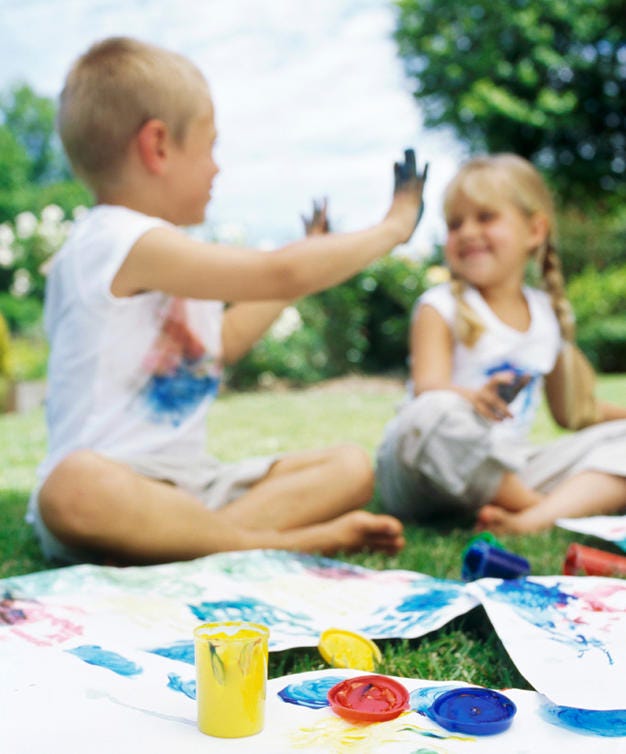
It’s digging. It’s scooping. It’s jumping. It’s building. It’s organizing. It’s dumping things out and then reorganizing. It’s so much more.
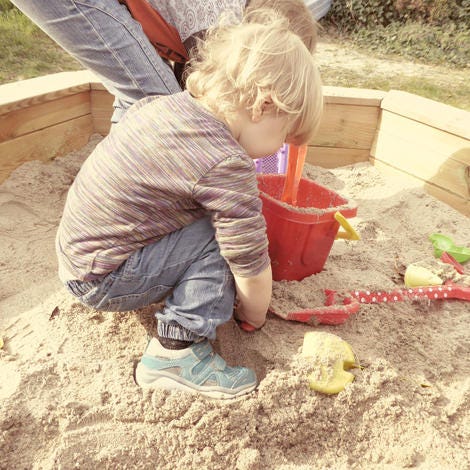
It’s everything. Play is everything!
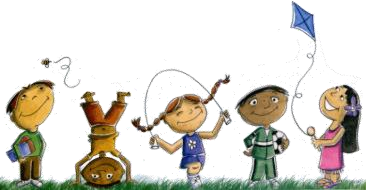
Author Biography
Ms. Ashley is a play enthusiast you can find more information on the work she does at: Play Enthusiasm LLC — “Children Lead. Parents Guide. Teachers Support.”
Website: www.playenthusiasm.com
Instagram: @earlychildhoodenthusiast
Facebook: Play Enthusiasm
YouTube: Play Enthusiasm
